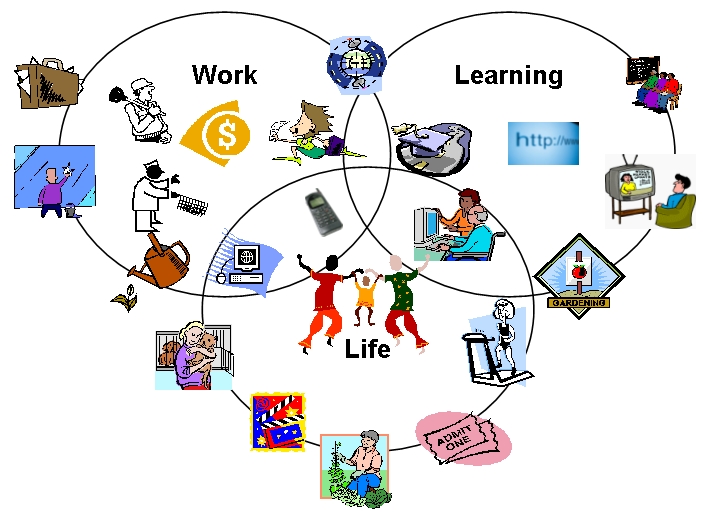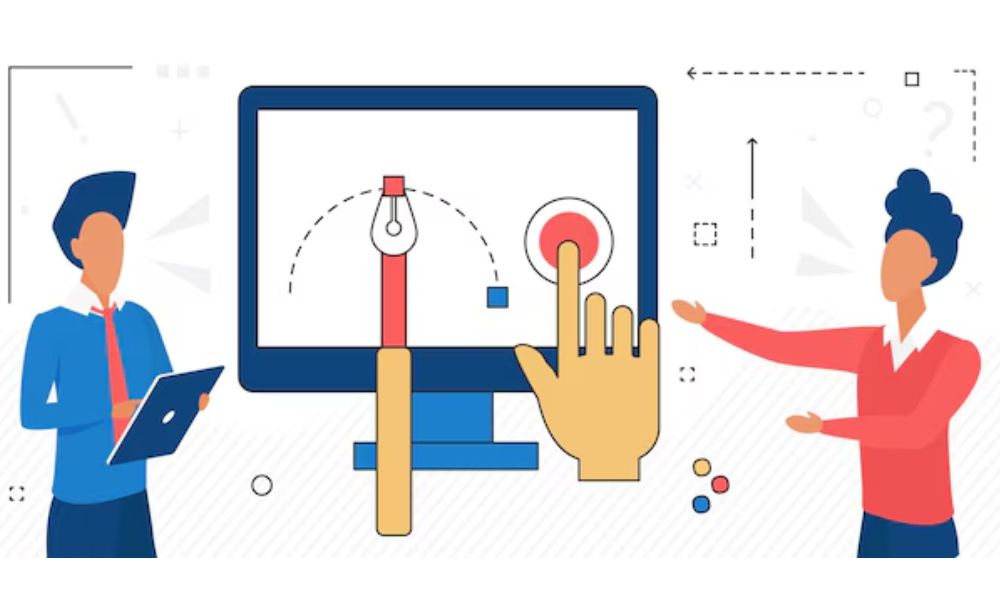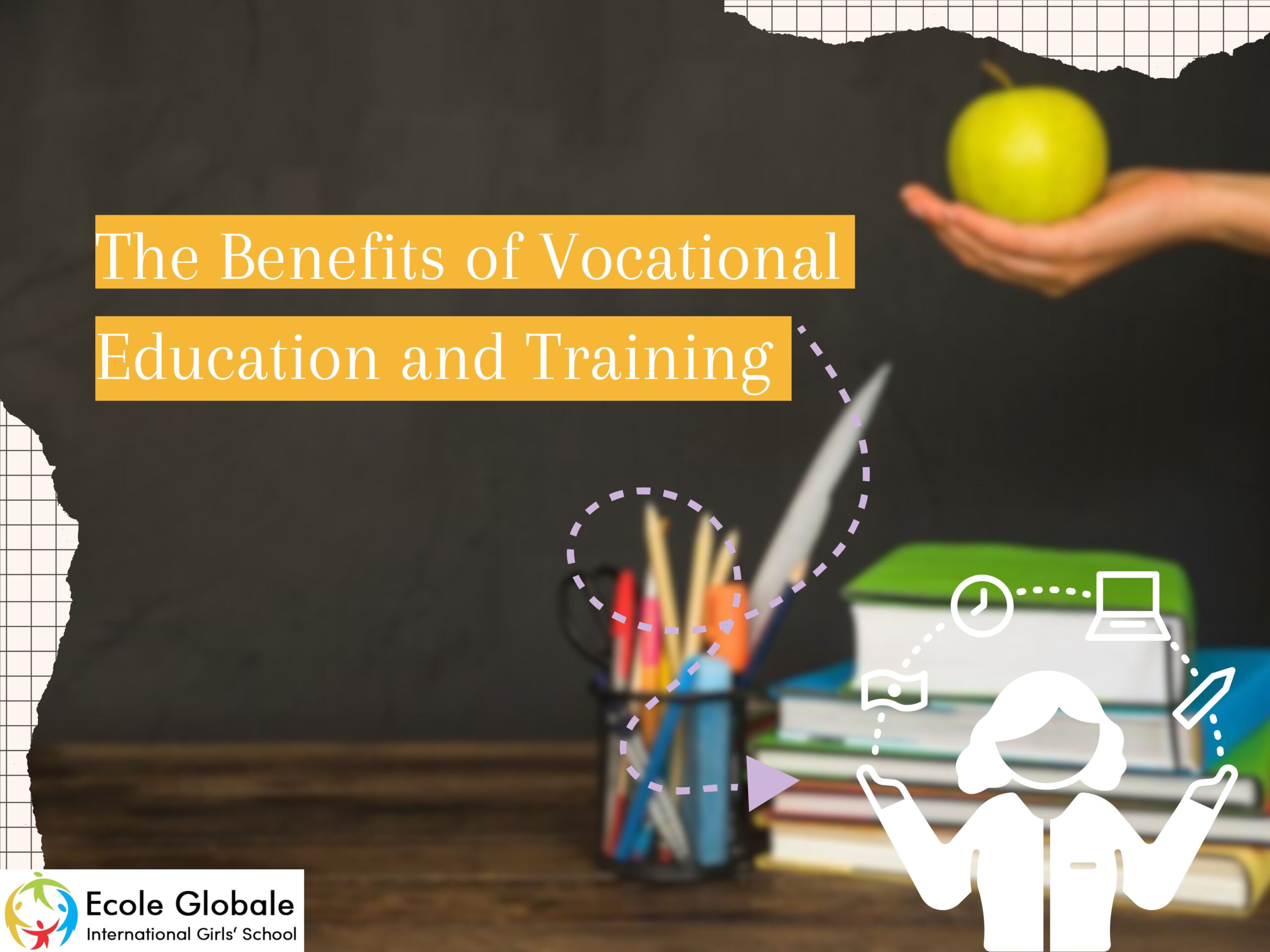Vocational education and training are often thought of as studying specific skills. But it is much more than that. It encourages self-study, dedication, and discipline because it lays out a clear path to follow. They often lead to qualifications that can be used for a range of jobs and may be delivered by schools, colleges, or workplace trainers.
Vocational education has a lot to offer. It provides students with the hands-on experience and knowledge needed to succeed in the workforce. Let’s take a fleeting glimpse at how investing in vocational training can benefit those involved.
What is Vocational Education and Training
Vocational education and training is the education and training of people in occupations. As per research conducted by Best Boarding Schools in India, It usually takes place at secondary schools and post-secondary institutions such as colleges, universities, technical institutes, trade schools, apprenticeship programs, community colleges, and other types of institutes.
Vocational education and training is the process of acquiring knowledge, skills, and competencies through formal learning programs. These programs are designed to help students enter a specific occupation or trade or improve their employment prospects. Another study shows that there is an Increase in Demand For Vocational And Technical Education In India
These courses can be undertaken by anyone who wants to gain the necessary skills to enter an occupation or improve their knowledge and skills in a chosen area of study. Vocational education and training provide students with the opportunity to learn practical skills required in the workplace.
The Benefits of Vocational Education and Training

Employers benefit from vocational education because it opens up opportunities for new employees by providing them with a workforce that has been trained properly for their industry. Employers who hire vocational graduates can save time training new employees because they have already been trained to do certain tasks within the company or industry when they were in school or college. Employers also save money by using this kind of training because it costs less money than hiring someone without experience or knowledge about what needs to be done at their company.
Vocational training can give you an edge when applying for jobs. Some jobs require specific skills or qualifications, but they also have certain requirements regarding age and gender. It could give you an advantage over other applicants.
It provides you with job-specific skills
The most obvious advantage is that it provides job-specific skills that will enable you to find employment in your chosen field.
Vocational studies can lead to a range of careers in industries such as construction, manufacturing, health care, and mining. You will also be able to gain qualifications that allow you to pursue further study in other fields such as medicine or law.
It provides you with job-specific skills that will help them to acquire the knowledge, understanding, and skills needed to perform a particular job. It can lead to a successful career in their chosen field.
Career-Specific Knowledge

Career-specific knowledge is a valuable skill to have in today’s world. The value of vocational education and training is not to be underestimated, because it allows students to gain real-life experience while still in school.
Career-specific knowledge is vital for success in the workplace. Learning a skill or trade can help you land a job, earn more money and gain independence. The programs are designed to give students the skills and knowledge they need to succeed in their chosen careers. They teach how to operate equipment within an industry context.
Practical and Hands-On Experience

Another advantage of gaining an education through vocational schools is that most students at these institutions receive more hands-on experience than those who attend traditional colleges or universities. It means that when you graduate from one of these institutions, you’ll likely be able to perform the tasks required by your employer better than someone who attended a traditional college or university course of study.
Employer Connections

It can help you build connections with industry and employers. When employees feel valued by their employer they are more likely to stay with them longer than if they were not appreciated or recognized for their efforts at work. It also makes them more productive because they enjoy working there so much that they don’t want to leave.
One of the most important things about having an online vocational training program is that it gives you access to a community of people who share your passion for whatever career path you choose. When you work in an office or store, these types of networks don’t exist because everyone has different responsibilities and tasks when they come to work each day. With an online school, however, it’s easy for people with common interests to form groups and share information about their careers to learn from each other and grow together as professionals.
It provides valuable workplace experience
While studying vocational subjects at school or university will provide theoretical knowledge about your chosen field, it is only through work experience that you will gain practical skills that make you a valuable employee. The more experience you gain early on in your career, the better chance you have at securing a job.
Vocational education and training provide valuable work experience that cannot be learned in a classroom setting. Students have access to equipment and tools that allow them to gain hands-on experience with the skills they need for their chosen field of study. This type of training includes everything from auto mechanics to cosmetology, agriculture, and computer networking — whatever the student chooses. They learn how to operate machinery safely and efficiently so they can perform their job duties without any difficulties once they enter the workforce.
Self-Discipline

Students will learn to organize their time and manage their responsibilities, including homework, projects and tests. They will also learn how to meet deadlines and complete tasks on time. Self-discipline also helps students develop good study habits so they can make good grades in classes related to their interests. These skills can help them make better choices when selecting classes that match their interests while in high school and when choosing a college major or career path after graduation.
Communication skills. Vocational education gives students opportunities to practice communication skills with teachers and classmates regularly because it often involves group projects in addition to individual assignments. Communication is an essential skill for success in any job or career field.
Improve your Employability

Vocational education is designed to provide students with the skills they need to enter the workforce after graduation. Attending a vocational training school gives you more control over what career path you want to take.
Vocational training programs give students more job opportunities than traditional college degrees do. Vocational programs teach students how to think critically and solve problems efficiently, which makes them more valuable employees regardless of whether they go into direct sales or marketing after graduation or decide to pursue another career path entirely.
It gives you an advantage over other candidates
It improves your current skills and helps you learn new ones. Vocational graduates have a greater chance of finding full-time employment than those with only a high school diploma. In addition, many employers prefer to hire graduates from vocational programs because they know that graduates are trained to perform specific jobs well and have gained valuable experience from their studies.
Vocational programs are typically more affordable than other types of higher education because they do not require as much time and money upfront. They also offer shorter time commitments since many students only need one or two years of schooling before entering the workforce full-time.
Conclusion
Vocational education and training can improve literacy levels in many countries. It also helps young people find a job after high school or college. In addition, it provides employers with skilled workers who can do their jobs more efficiently than those who only have a high school diploma or less.
For any queries related to parenting, schooling, or any student-related tips, click here to check out our latest blogs.









